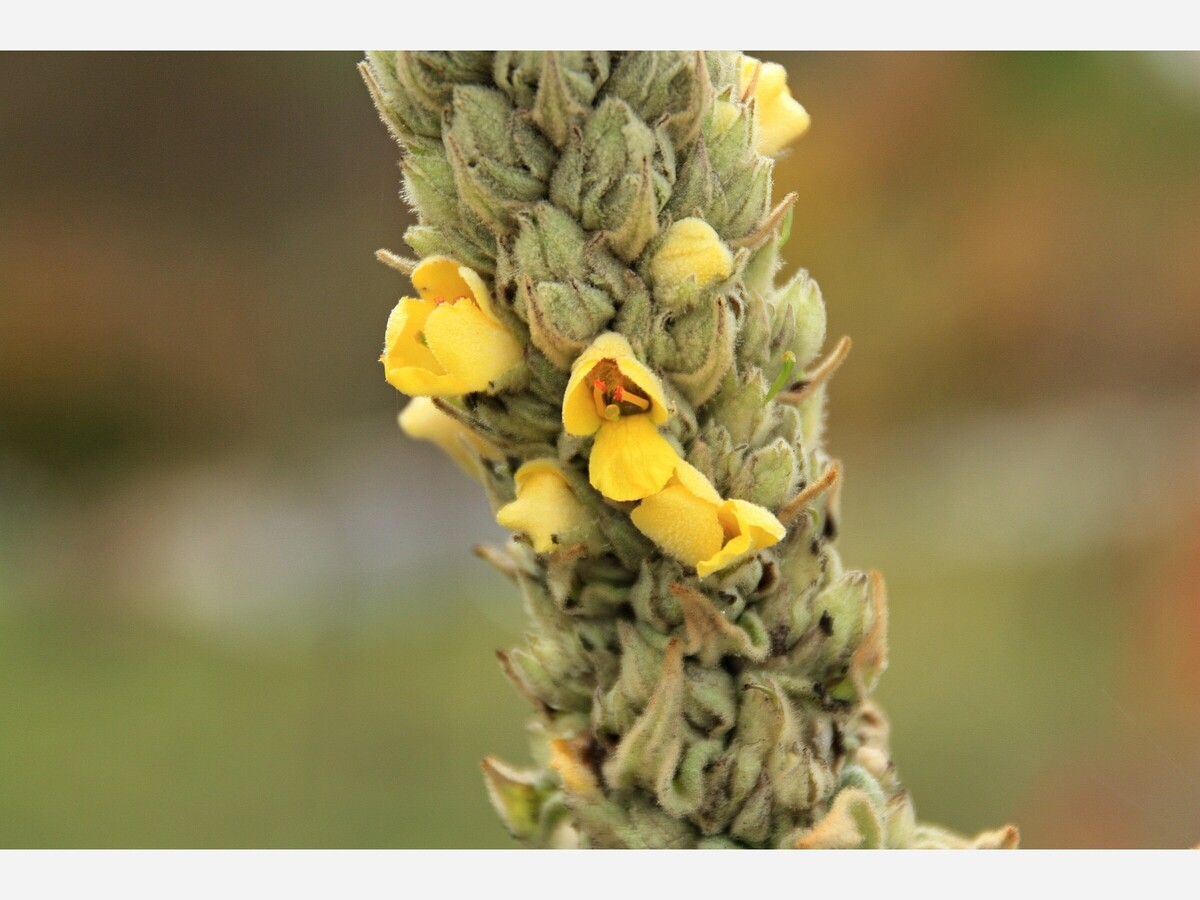Image


Acute bronchitis is a condition that causes infection or inflammation of the upper chest. It is commonly caused by the same viruses that cause your colds and flu. If left unchecked, bronchitis could become chronic, leading to pneumonia and reoccurring infections. Fortunately, acute bronchitis typically does not require antibiotics, as it will heal on its own.
People may be more susceptible to bronchitis during the spring months due to various factors such as seasonal allergies, changes in temperature and humidity, and increased exposure to respiratory viruses. Spring is a common time for seasonal allergies, which can cause inflammation and irritation in the respiratory system, making it more vulnerable to infection. Additionally, changes in temperature and humidity can weaken the immune system, making it easier for viruses to infect the respiratory tract. Finally, the increased outdoor activity during springtime can increase exposure to respiratory viruses, which can cause bronchitis.
Mullein To The Rescue
Mullein, or Verbascum thapsus, is a versatile biennial herb used medicinally to alleviate a range of respiratory symptoms, including coughing, drainage down the back of the throat, and earaches. It can be found in fields and along roadsides and is well-suited for growing in poor soil.
Studies have indicated that mullein exhibits anti-inflammatory characteristics and can relax the respiratory tract muscles. Mullein leaves are beneficial as an expectorant and bactericidal agent for respiratory ailments. Mullein has a long list of traditional uses, including treating allergies, asthma, bronchitis, coughs, croup, diarrhea, emphysema, swollen glands, lungs, and joints, as well as providing pain relief and sedative properties. Mullein has been used as an antiseptic for wounds and nerve pain relief and can also be used to make earache oil. Mullein roots can be made into a tincture to treat bedwetting and facial nerve pain.
Although mullein tea is generally considered safe for consumption with minimal risk of adverse effects, some individuals may experience skin irritation (from handling the herb directly) and throat irritation (from tiny hairs of the plant), so it is important to strain the tea thoroughly before drinking it. Pregnant or breastfeeding women should consult a healthcare professional before using mullein tea, as no research is available on its safety for these populations. If you experience any adverse side effects after drinking mullein tea, you should reduce your intake or avoid it. And, incase you are wondering, mullein is on the FDA's GRAS (generally recognized as safe) list.
While acute bronchitis can be challenging, there are ways to alleviate symptoms and promote healing. Spring can be a tough time for those susceptible to respiratory infections, but being mindful of exposure to respiratory viruses, seasonal allergies, and changes in temperature and humidity can help prevent bronchitis. Mullein is a valuable herb for addressing respiratory symptoms and has been used for centuries to cure various ailments. Its anti-inflammatory and muscle-relaxing properties make it a helpful herb for respiratory issues. By incorporating mullein into your wellness routine and being mindful of respiratory health, you can support your body's natural healing processes and stay healthy all year.